How to get your website to the top on Google
If people searched for the goods or services you provide,
“would you like your business to show up first?”
The answer is obvious,
of course you do!
let me tell you how to do it…
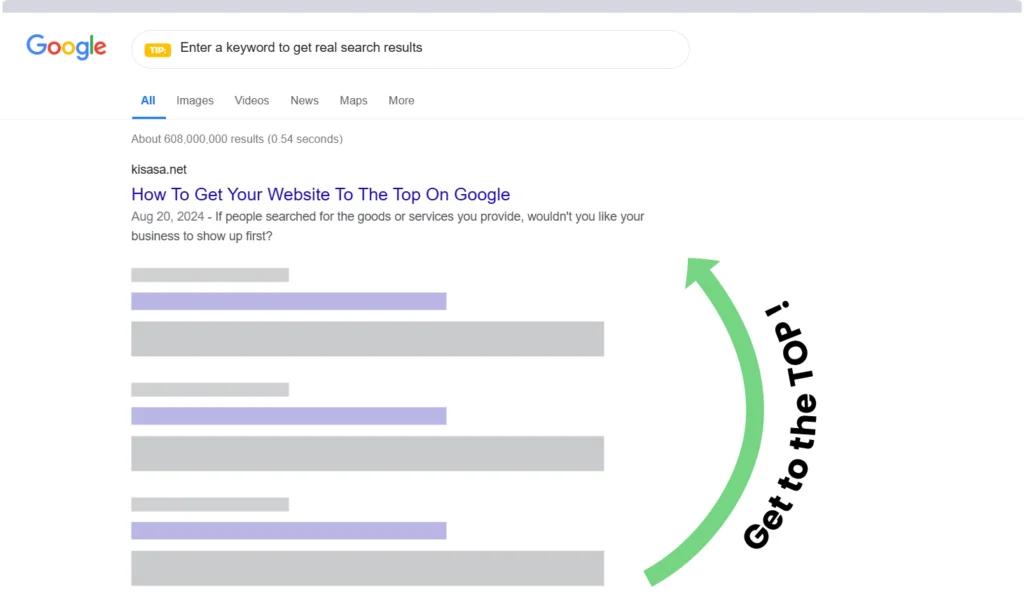
You are aware that people use search engines like Google to research products they are thinking about purchasing.
You might be surprised to learn that people use the internet for research even when they plan to make a purchase in a physical store.
This guide is intended for anyone who owns, manages, or promotes online content using Google Search. Whether you are a successful business owner, webmaster of a dozen websites, SEO specialist at a web agency, or a DIY SEO expert who is enthusiastic about search engine optimization, this guide is for you. You are in fact in the right place if you are looking for a thorough overview of SEO’s fundamentals as applied to our best practices.
Table of Contents
1. What is Organic Search and SEO?
SEO informs Google of the significance and relevance of their websites and pages. Through SEO, your content has a greater chance of ranking highly in the SERPs and showing up at the top of users’ searches for pertinent keywords.
Search results that are not purchased are referred to as organic results.
Organic search results are arranged according to Google’s search engine algorithm rather than its paid ad policies, which are based on factors like CPC, ad relevance, and many others.
SEO and organic search work together seamlessly. A website’s ability to succeed online depends on having organic traffic.
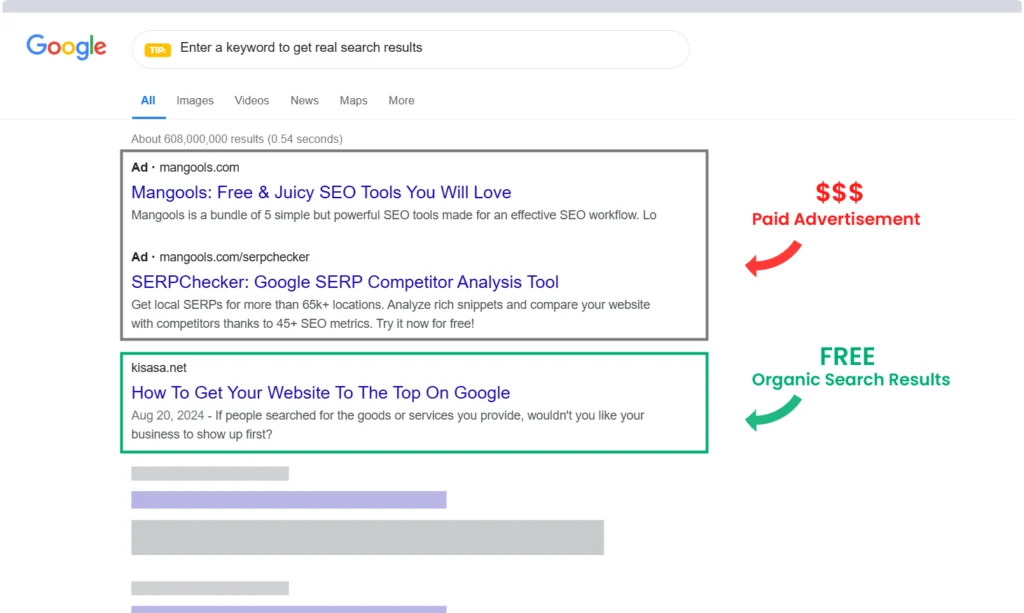
2. Why is Organic Search and SEO Important?
It is important to recognize the value of SEO. Search engines use specific KPIs and algorithms to send online traffic to particular websites.
Organically achieved traffic keeps on building a good ‘digital reputation’ in the eyes of Google which results in a long-lasting high rankings accompanied with a good domain authority.
Although SEM is not always a key part of an all-encompassing SEO strategy, it does have its place because it can assist you in reaching new, highly targeted audiences during a sale. You can also combine SEO and SEM strategies.
Here are a few examples of SEM advertising:
- Targeted and paid advertisements
- Copy that uses keywords and is tailored to your company or product.
- Click-through rates (CTR) and cost per click (CPC) are performance metrics.
2.1 Ranking and Visibility
Increased visibility — i.e., making it simpler for potential customers to find you when they search for a service you provide — is one of the most crucial SEO functions.
Your ranking has an immediate impact on visibility.
It is important to raise your organic page ranking because it increases the likelihood that prospects will see you and click through to your website the higher you rank on a search engine result page (SERP).
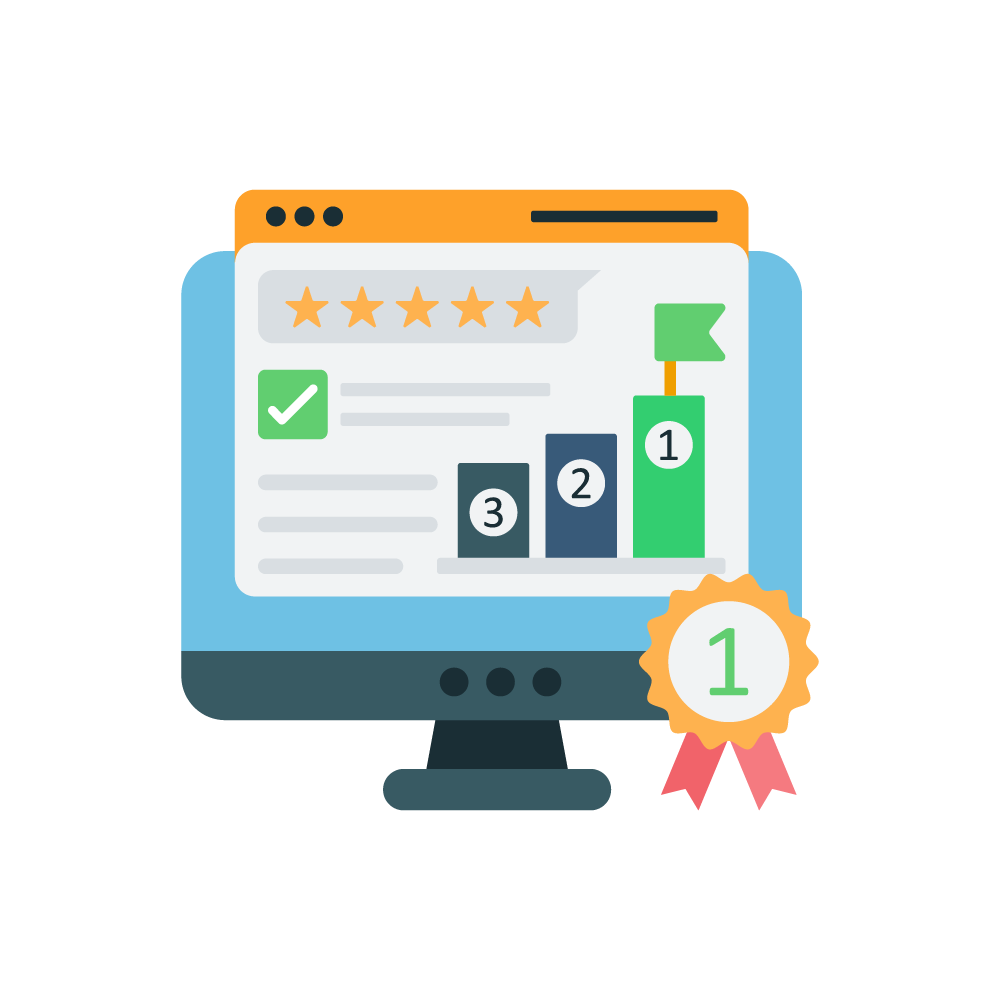
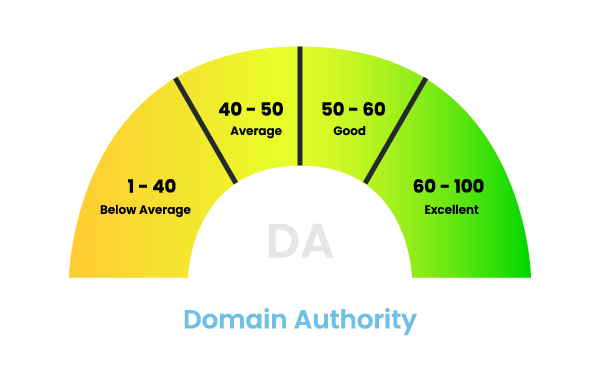
2.2 Authority
Search engines are placing more and more weight on Domain Authority (DA), just as users are doing the same.
In essence, authority denotes that your website is reliable, of a high standard, pertinent, and has value to offer.
The higher your score, which ranges from 1 to 100, the more authority your site has. While it is challenging to change your DA rating, you can find it using tools like Ahref and Moz.
2.3 Web Traffic
One of the main objectives of SEO is to increase web traffic, and you can increase traffic by improving visibility and rankings. Take a moment to reflect on the fact that the top result on a Google search generates nearly 32% of clicks, and that climbing just one spot in the rankings can boost CTR by an astounding 30.8%.
The “Featured Snippet,” also known as position #0 as it appears above the top-ranked URL, is the holy grail for many marketers.
This is typically the content that has been extracted from a blog’s landing page that responds to a common query and can significantly increase your organic click-through rate.
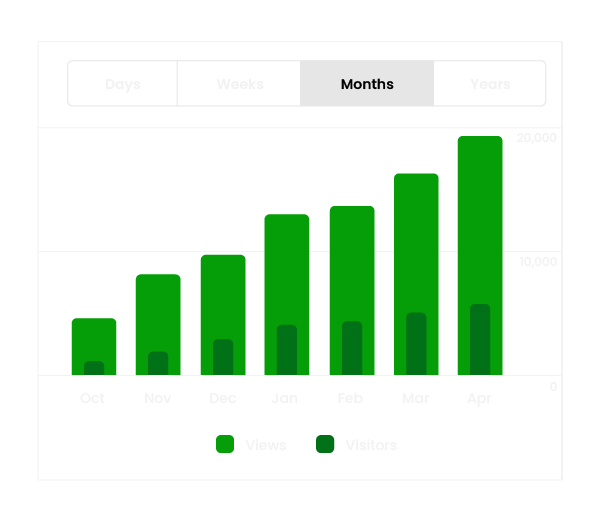
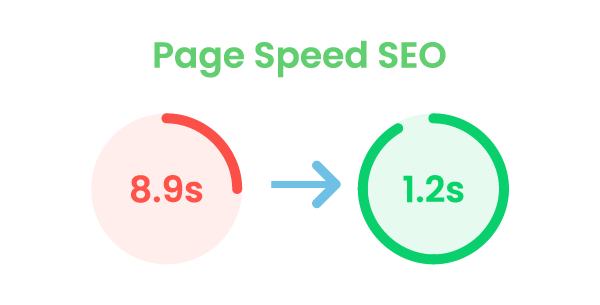
2.4 Increasing Visitor Satisfaction
Another reason SEO is essential is because all the time you spend creating excellent content and optimizing it for search engines on your website makes it more user-friendly. This results in a smooth and satisfying customer experience.
For instance, if you make your website responsive, both laptop/desktop users and mobile visitors will be able to use it. Similar to this, speeding up page loads will lower bounce rates and encourage users to stay on your site longer.
A page should load in no more than three seconds per customer expectation! The higher the bounce rate and the lower your conversions, the longer it takes for the page to load.
3. Keep in Mind That Search Engines Can Fail!
Search engines are not perfect, so SEO is crucial. Your website will suffer if you do not do something to address its shortcomings.
For instance, a site’s link structure could be the reason why search engines are unable to properly crawl and index it, which could lead to lower rankings. No matter how much time you spend on other SEO strategies, coding mistakes can completely disallow search engines from indexing your site, preventing it from ranking. In addition, the following are some typical trouble spots for search engines:
- Page duplicates
- Forms
- Flash, audio, video, and other non-textual content, as well as images,
- Semantics and Language
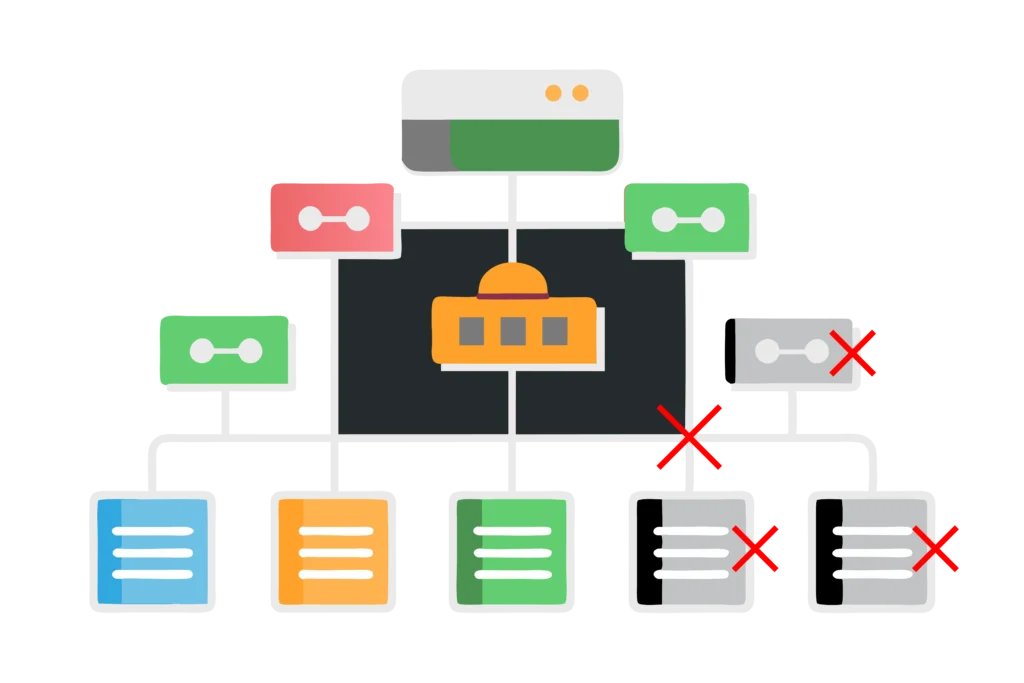
4. How Can I Boost the SEO of My Website?
There is no need to be intimidated by SEO. When you have the right tools and know how to use them, changing and modifying the most crucial elements of SEO on your website can be simple.
Let us go over some of the most crucial SEO components and how you can use them as a strategic tool to raise your rankings in organic search results.
4.1 User Intent
Understanding your user’s intentions is the first step to enhancing your SEO and increasing your online visibility.
User search intent is classified in 4 categories – Informational, Transactional, Navigational and Commercial.
What makes them use a search engine? What are they seeking, exactly?
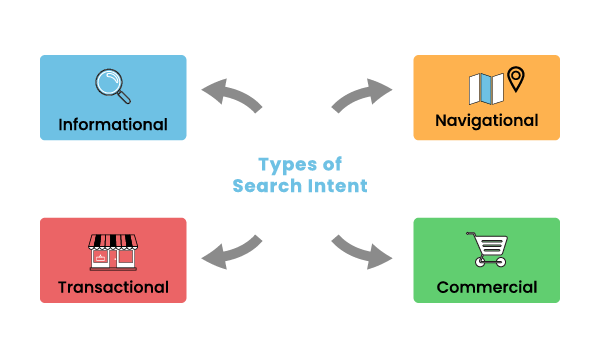
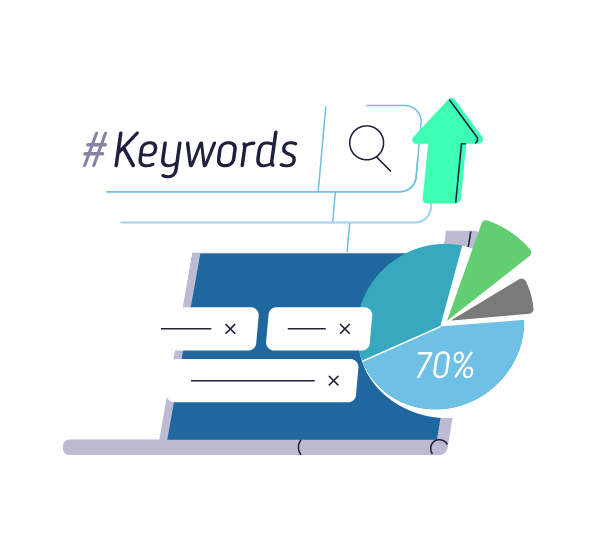
4.2 Keywords
The terms you include in your content as SEO keywords are what people type into search engines.
Search engines evaluate websites and pages based on a variety of factors, including how well the content matches user search terms, its intent, and many others.
By using the same keywords that your target audience is searching for in your content, you are telling search engines that you will give users what they want.
4.3 Links
You must be knowledgeable about links and link building for effective SEO. In digital marketing, the process of link building aims to produce as many incoming links for your website as possible.
Having a large number of links from reliable sources is good for SEO because they act as endorsements. Google understands that users will be more likely to trust you if your peers do. Your links and the volume of visitors to your website are directly related.
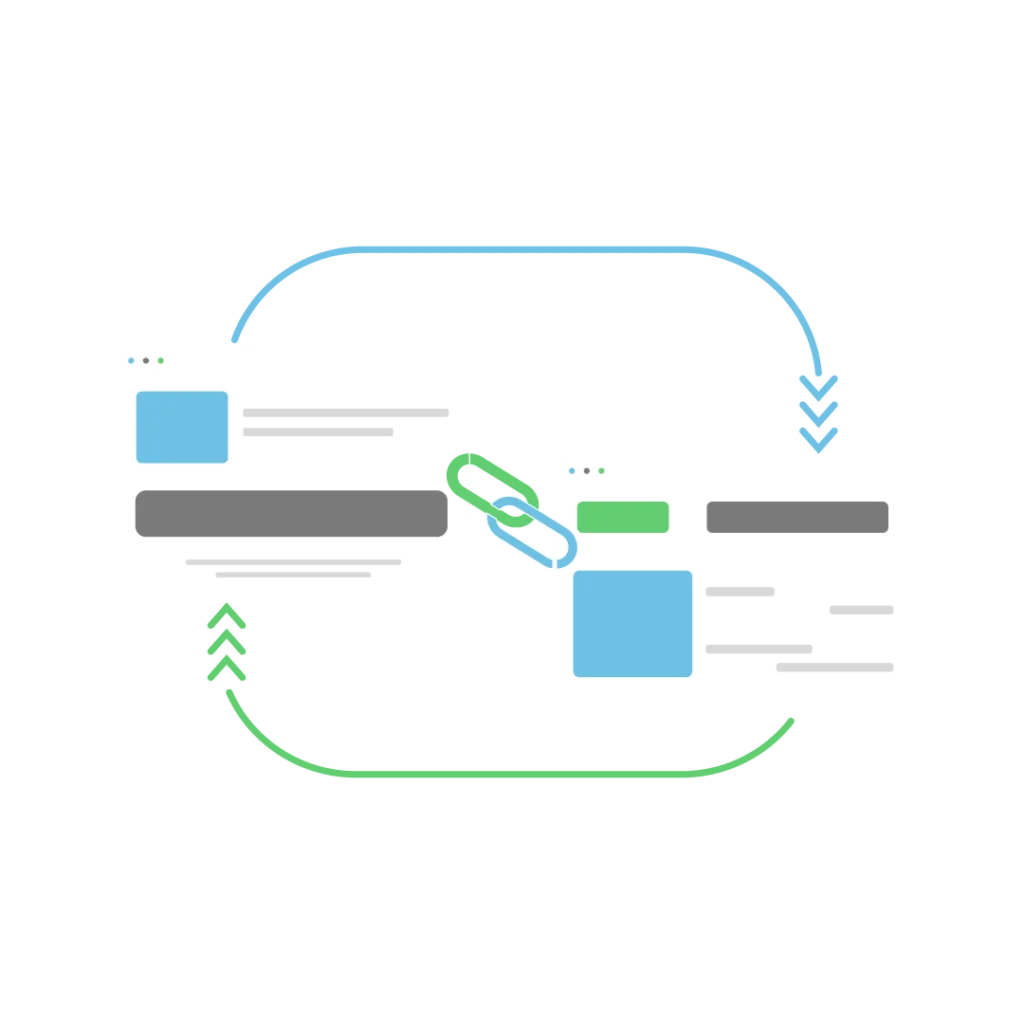
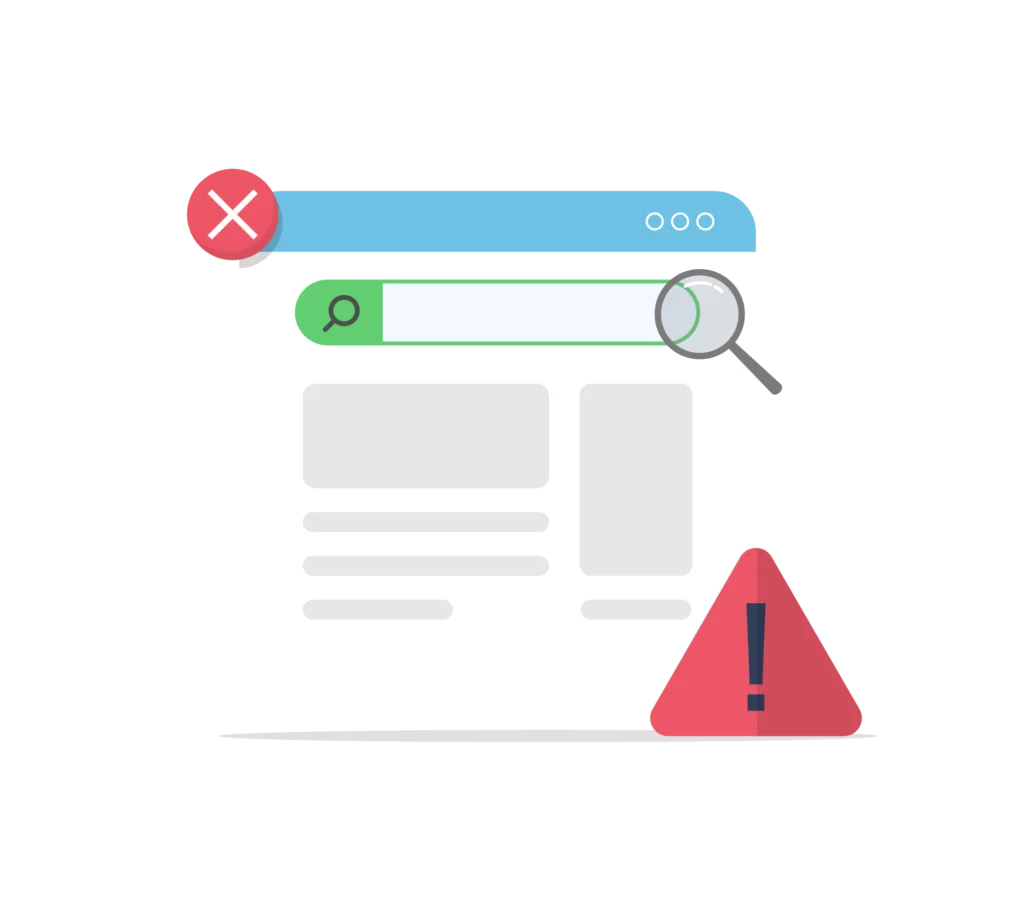
4.4 Keeping Bad Links at Bay
Links are beneficial, but are they always beneficial? Yes, a lengthy list of links may serve as a vote of confidence and signal to Google your credibility.
However, receiving links from dubious, spammy websites may do more harm than good for your website. So you must stay away from harmful backlinks.
4.5 Traffic Monitoring
After implementing the aforementioned advice, you might want to take another look at the overall picture of your website’s online presence.
It can be challenging to locate and assess all the statistics and how they have changed, including those related to your display advertising, backlinks, organic and paid search results, and so on, which is where we come in!
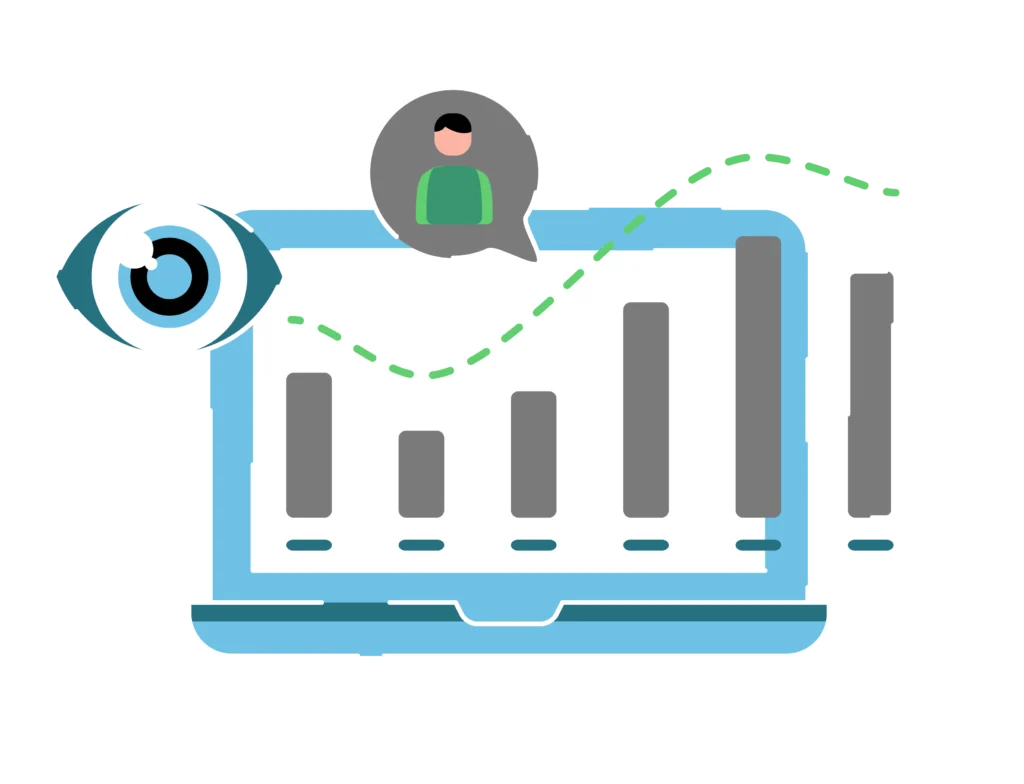
5. How can Kisasa Marketing help you?
We often get the question, “How quickly can I see the results after we start SEO?”. The simplest response we can offer is that SEO is not a shortcut that will guarantee you those amazing KPI numbers right away!
SEO takes time, in layman terms, it is the activities that we undertake which improves the website’s content and technical performance, so that it would be deemed rank worthy by search engines like Google!
Once a page starts ranking for certain keywords, the traffic starts to flow, with time; the search engine monitors how well your page is doing and organically pushes your page higher up in the results.
It can take anywhere between 3-6 months to get a good ranking for highly searched keywords with a lot of traffic, but once you get those rankings, there is an influx of organic traffic on your website!
SEO is an ongoing effort but in the end the rewards are worth it!
click the button below to have a discussion with our team on the numerous possibilities.
Share with a friend
